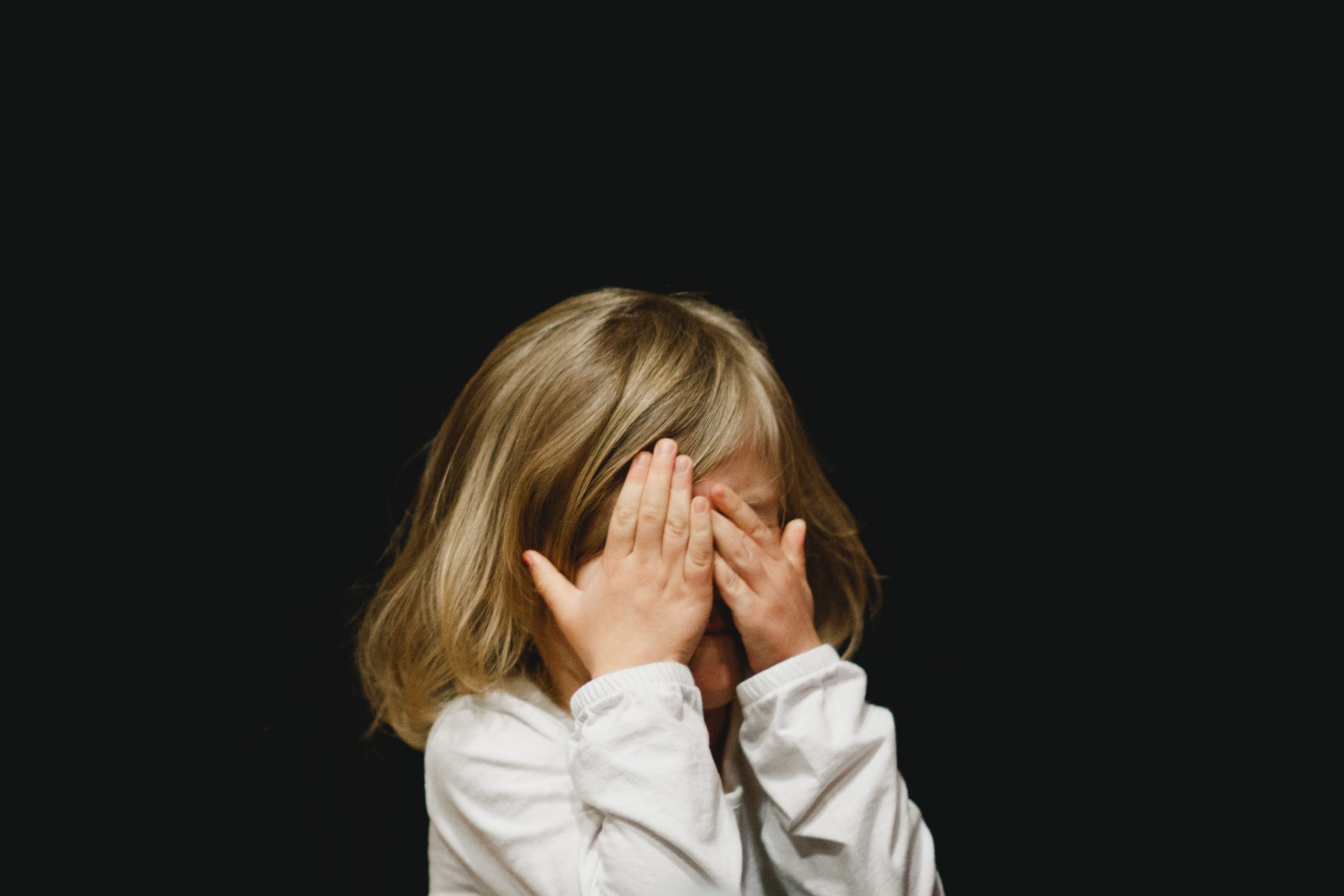In an ideal world, children under the age of five would only have to worry about whether to wear their Paw Patrol or PJ Mask pyjamas, if their best friend is in school to play with, and what Santa is going to give them for Christmas.
However, many toddlers and preschoolers are actually suffering from serious emotional problems, which could feed into their mental health as they get older.
According to the Royal College of Psychiatrists’ (RCPsych) Dr Trudi Seneviratne, youngsters under five need more support, as this is an essential developmental period that will benefit them in their adulthood.
“Unfortunately, these years are often not given the importance they should be, and many people are unaware of what signs they should be looking out for,” she states.
Dr Seneviratne says parents, carers and the whole of society need to provide a nurturing environment for children that “supports the building blocks of a child’s social, emotional and cognitive development”.
This will then help children to “become productive, functioning adults and reach their full potential”.
The doctor recommends anyone with concerns about their child’s behavioural issues, eating or sleeping challenges to see advice.
The RCPsych report also suggests new specialist services to be introduced across the UK for under-fives, parents and carers. This includes timely access to speech and language therapy, social workers and psychologists.
It also says there should be more training for healthcare workers on detecting whether a young child has mental health problems.
Better data collection on young children who have challenges, and more research on how to help them also needs to be conducted.
What’s more, there should be more support given to the wider population on the mental health of those under five, so they can provide help to youngsters too.
There are many things that can affect the emotional stability of a young child, including alcohol or substance misuse during pregnancy, exposure to domestic violence, physical or emotional abuse, or neglect.
Unicef UK’s Joanna Moody agrees with the report, emphasising the importance of supporting mental health in young children to the BBC, as this “lays the foundations for a child’s future”.
Therefore, she believes early education, maternity support, health visitors, primary care, and social services all play a “vital role” in helping to look after a young person’s mental health, as well as the parents or carers.
It is not just childhood trauma that is impacting youngsters these days, but fear of climate change as well.
According to the Royal College of Paediatrics and Child Health (RSPCH), eco-anxiety is growing among children.
A recent report showed that nearly half of 16 to 25 year olds are either worried or extremely worried about climate change, while 55.7 per cent think humanity is doomed.
Youngsters not only worry more about their future than their parents did, but they feel the pressure from adults to fix the problem for the next generation.
They also have feelings of stress, hopelessness, anger, and anxiety related to the future of the planet, especially when they see the impact of climate change first-hand with extreme weather conditions and soaring temperatures.
Though speaking with a therapist will not stop climate change, nor will it erase childhood trauma, it can help young people process what they are going through and help manage their symptoms of depression and anxiety.

